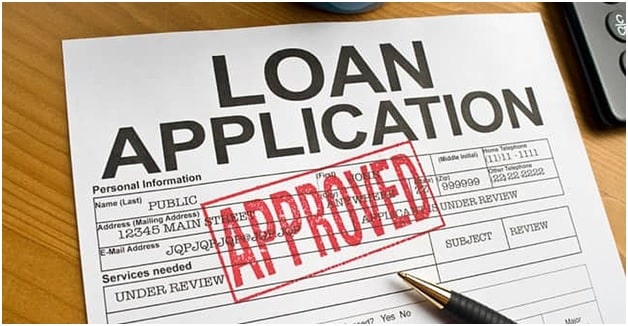
The consumer loans applications process differs from one lender to another. However, there are those requirements that every lender must meet like credit score, financial situation, origination fee among others.
Before you start planning for a loan, learn and understand the common qualifications involved as well as the documentation required. The knowledge can help simplify and speed up the application process.
If you aren’t sure where to begin, you can use tools like the Forbrukslån Kalkulator to help you find the best repayment terms, interest rates, and more. That said, here is everything you need to know about consumer loan applications.
-
Credit score and history
The first thing lenders will want to see even before the loan application process begins is your credit score and history. As such, it is important to build on your credit history to avoid being disqualified.
Additionally, credit scores vary with the smallest being around 300 and the largest at 850. The scores are determined by factors like length of credit history, payment history, and outstanding debt. If your payment history is poor, you don’t stand a chance of getting the loan.
The majority of lenders demand a minimum score of about 600 to qualify. Still, some will avail funds to borrowers with zero credit history.
-
Income
One must also have a steady source of income to qualify. This is to guarantee lenders that you can pay back their money.
Nevertheless, the rate of income requirements varies between lenders. For instance, one lender may impose a minimum income requirement of $50000 annually and another may ask for a lesser amount of around $30000 per year.
Still, some don’t disclose their minimum salary requirement at all. The lender may also ask you to present signed letters from the employer, recent tax returns, or monthly bank statements as evidence of income.
-
Debt-to-income ratio
Debt to income ratio is the portion of the money used by borrowers to service their loans. It is achieved by dividing the borrower’s monthly payments by their gross monthly income. This percentage is used by lenders to determine the consumer’s ability to repay the borrowed funds.
The DTI requirements differ from one lender to another, though a majority of them are okay with anything less than 36%. However, some lenders will only approve borrowers with a DTI ratio of up to 50%.

-
Collateral
Secured personal loans may require borrowers to pledge valuable assets as security. Some of the most collateralized items include investment accounts, collectibles like precious metals or coins, real estate, and cash accounts.
For loans like mortgages or car loans, lenders use the underlying item as collateral. The lender has the right to possess the items to recoup their losses in case you fail to repay the loan or fall behind on your payments.
-
Origination fee
You might also be required to pay origination fees at the beginning of the application process. The money is used to cater for application costs, running credit cheques, and closing.
However, this payment doesn’t determine one’s qualification. The origination fees should be at least 1% to 8% of the borrowed amount based on the loan amount or the applicant’s credit score.
Lenders will either collect the fees at the closing stage or finance them as part of borrowed funds. Others will deduct the cash from the total loan amount paid at closing.
Documents required
Now that you know what is required to qualify for a consumer loan, here are some of the useful documents in the loan application process.
-
Loan application
Lenders require prospective borrowers to authorize the lending process by filling out and submitting a loan application form. Note that, the application requirements may vary from one lender to another.
However, a standard application form will ask you to provide your details, the amount of money you want to borrow, and the reason for the loan.
The application format also differs by lenders. Some will ask you to fill and submit the forms online while others will want an on one talk over the phone before closing and deals.
-
Proof of identity
Most financial institutions require applicants to provide a state-issued identity card as proof of citizenship and adulthood. One must be at least 18-years and over to qualify for a loan.
The identity cards also minimize possible identity theft. Some of the acceptable identity documents include passport, birth certificate, certificate of citizenship, military ID, and other state-issued ID.
-
Employer and income verification
These documents are meant to provide proof of your ability to pay both new and old loans. As such, you are required to include your current earnings and employment history as part of the application process.
Other common requirements for employed applicants include returns, bank statements, W-2s and 1099s, pay stubs, and employer contact information. Those who are self-employed will need to present their bank statement, income tax returns, and 1099 forms.

-
Proof of address
Most lenders will want to know your current living situation in addition to confirming your employment history. As such, ensure you provide proof of address, a copy of the rental agreement or lease agreement, proof of home, or a voter’s registration card. Rental or auto insurance showing your address details and a recent utility bill. Click here for more insights
Conclusion
Applying for a custom loan should not be complicated. As long as you have the right information and all the necessary requirements you are good to go. However, you should know that all lenders are not the same, so ask your preferred lender to provide you with specific requirements before you start applying for a loan.
